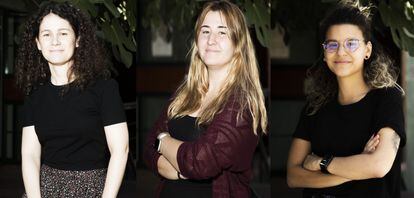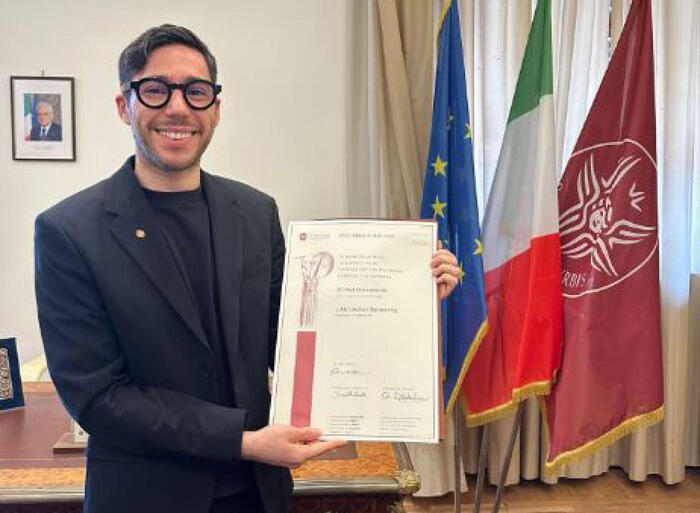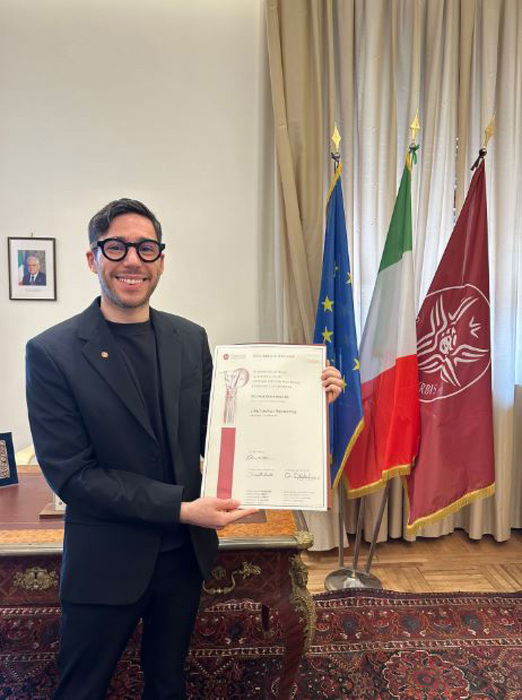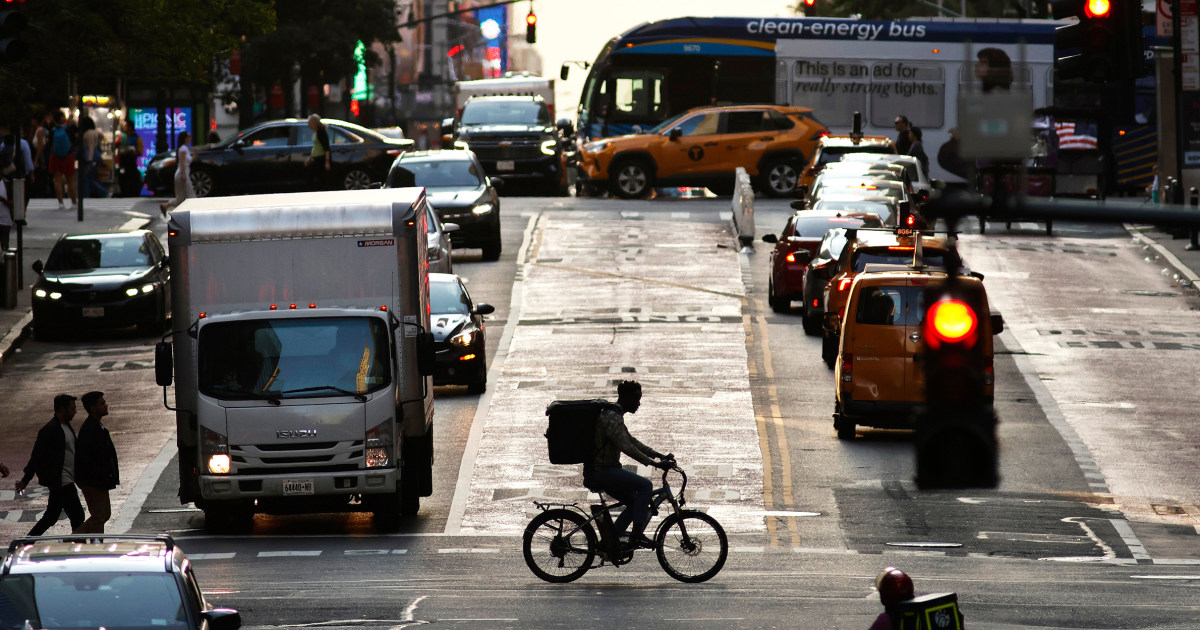Lola Soroa, Paula Bak and Raquel Bravo hug and smile before and after posing for the photographs that illustrate this report.
They move their hands and mouths at full speed.
They are deaf, and all three repeat the same message: “Stop being afraid of us”.
They tell the whole of society, but particularly employers, because despite the improvement that the labor market has experienced throughout 2022 —with fewer unemployed and more workers than six months ago—, the group of people with hearing impairment still does not have it easy to find work.
Soroa and Bak have it;
Bravo no.
As in the photos, she is in the shadow of a working sun that keeps turning its back on her.
And this rejection generates consequences: according to the latest study by the State Confederation of Deaf People (CNSE),
The conversation with the three protagonists takes place thanks to the participation of Olga, who has been working as an interpreter for 20 years.
“The company has to remove that fear of hiring deaf people.
They talk about integration and inclusion, but they are empty words.
It is not reality”, denounces Soroa, spokesperson for the CNSE and member of the Federation of Deaf People of the Community of Madrid for eight years.
His diagnosis of the complications faced by this group in the work environment begins by denying the greatest: "The law is not enforced," he says.
The regulations say that companies that have more than 50 workers are obliged to have 2% of their workforce made up of people with disabilities.
In addition, by doing so they can benefit from deductions of up to 6,300 euros per year depending on the employee's gender, degree of disability and age.
“This is not happening and it is the first barrier we come across,” he laments.
According to the National Institute of Statistics (INE), in Spain there are 4,211,600 people with some type of disability of working age (over 16 years of age);
of which 1,224,900 are deaf.
In 2020, the employment rate for the disabled group was 26.7%, almost three times lower than that of workers without disabilities (64.3%);
and their unemployment rate was then seven points above that of the rest of the workers (22.4% and 15.4%, respectively).
Although this has been decreasing year after year, it has constantly remained at much higher values.
Entering the job market is an exercise in faith.
“To begin with, the company does not normally hire people with disabilities directly, but rather subcontracts them.
And then, when you're in the middle of a job interview, they ask you the craziest questions: Can you pick up a phone?
You speak?
How do you communicate with hearing people?
These are issues that show a huge lack of knowledge about our capabilities, "says Soroa.
“I don't put on my resume that I'm deaf.
I wait for some communication problem to say so.
If I see that we are communicating, great.
If not, when I tell them that I am a deaf person, I see how their faces change and they already stereotype me”, admits Bravo, who although he can express himself orally, he prefers to do it through sign language.
She is 25 years old, and she is unemployed and sick of always hearing the same excuses.
“I am a person like any other.
I don't have any kind of barrier.
I have never thought, why not?
I can, plenty.
A deaf person can work perfectly.
The problem is with society, which has us stereotyped because we don't listen, and that is something that bothers us a lot”, she defends.
To confront the recurring argument of limitations, a whole list of virtues is presented.
“There are many reasons to hire deaf people: they are good workers because they have greater concentration, they are very good visually and gesturally, they are able to create synergies without any problem with other colleagues, they have a different perspective from hearing people and they are great drivers”, lists Soroa.
Bak is 26 years old and works as an administrative in the economic-financial area of the CNSE, while studying a double degree in Spanish Sign Language and the Deaf Community, and Social Work at the Rey Juan Carlos University in Madrid.
Although her work environment is predominantly hearing-impaired, she still sees herself as a worker like any other.
She confesses that her resume specifies that she is deaf, and that they contact her through email.
But many times they have called her by phone, which has prevented her from carrying out the interview.
“People who are in the hearing world don't make distinctions.
There is a lot of stereotype and ignorance about the deaf community.
I consider myself a responsible and orderly person.
Even thanks to
SVIsual
―a computer tool that allows deaf people to communicate with hearing people through interpreters, remotely and in real time, through their devices―, I can pick up the phone.
Any company can take advantage of my ability, just like that of other listening people.
There is a lot of wasted talent.
From left to right, Lola Soroa, Paula Bak and Raquel Bravo. Luis Sevillano Arribas
The difficulties in training also contribute to the fact that the volumes of unemployment within the group continue without deflating.
According to data from the CNSE study, the proportion of deaf people with higher education is half that of the general population (18.2%).
And although better educational levels are observed among the youngest, practically, only one in ten has a university degree.
“I got to university thanks to the associative movement pressing for me to get an interpreter.
If not, it would have been impossible for me and I would have ended up working as a cleaner or unemployed,” says Soroa.
To overcome these obstacles, the solutions proposed by the Confederation —made up of 18 federations, and with more than 120 affiliated provincial and local associations throughout the State— happen because the institutions establish formulas that promote the employment of women as priorities. deaf people.
And that, more immediately, the occupational risk prevention regulations be adjusted to the reality of this group, since it currently generates a series of limitations that make it impossible for them to access certain jobs.
“We are resilient people who are used to breaking barriers.
Don't be afraid to hire us”, claims Soroa.









